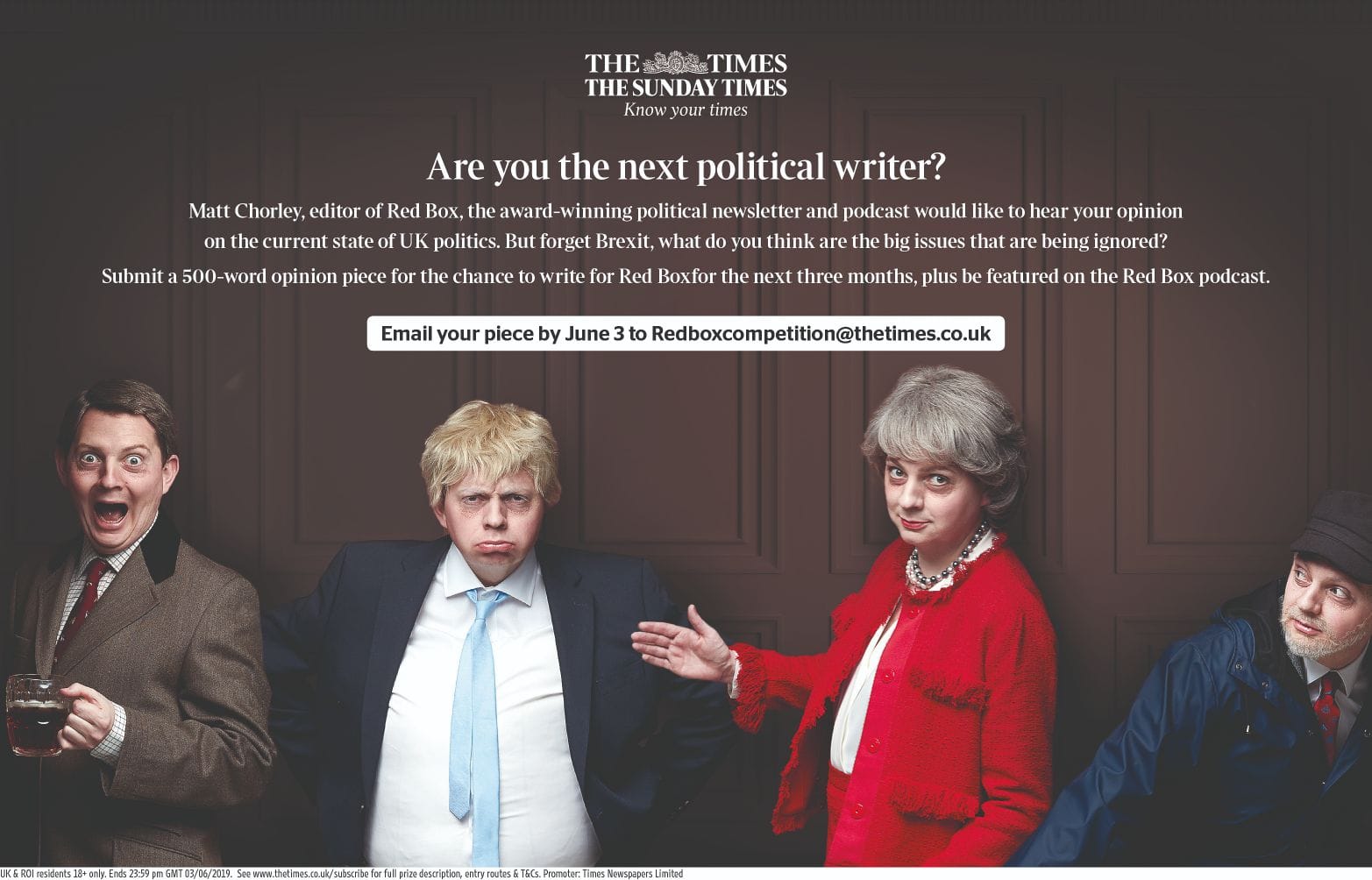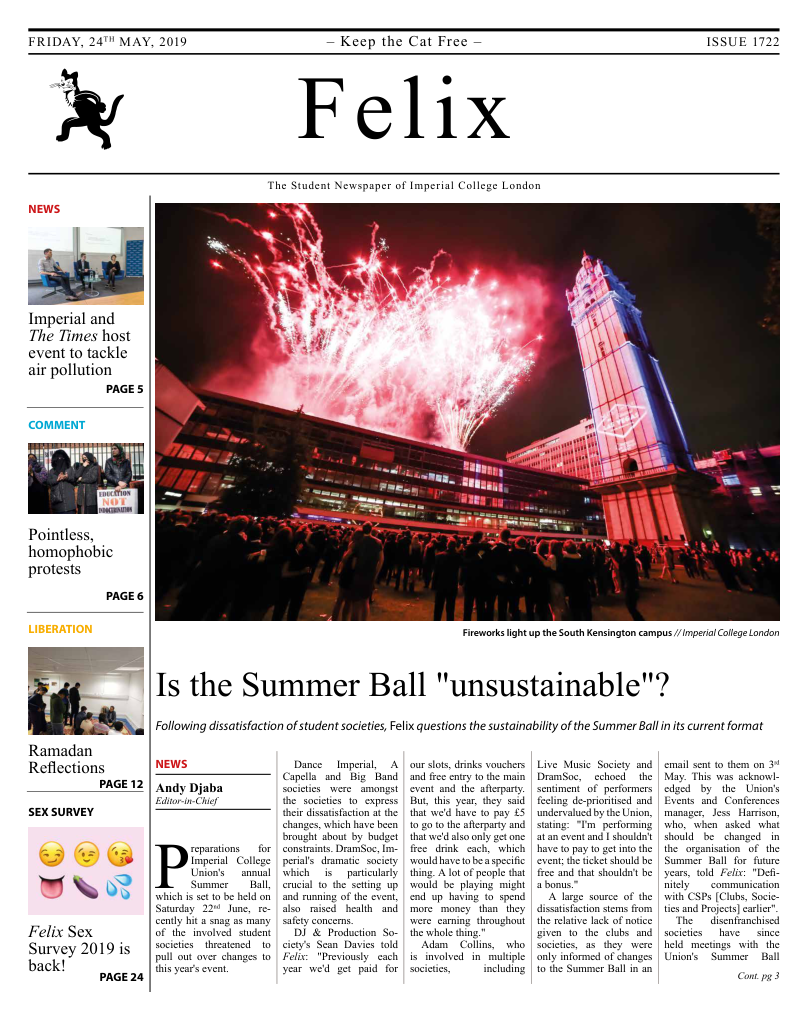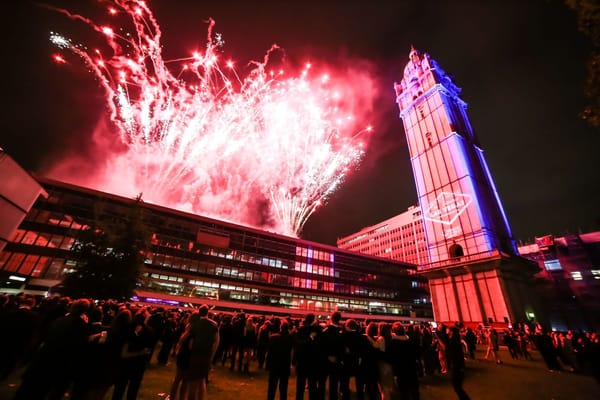Imperial and The Times host event tackling air pollution
Attendees were told of the important need for "balanced" messaging around air pollution in the latest of a series of collaborative events in partnership with The Times

Monday evening saw Imperial and The Times collaborate to host the latest joint event in their year-long partnership.
The event, titled "How can we fix London's air pollution problem" and consisting of a presentation and panel discussion, explored the media's role in communicating the impact air pollution has on our lives.
Proceedings got underay with a presentation, jointly delivered by Sam Joiner, Interactive and New Formats Editor for The Times and Sunday Times, and Ryan Watts, Interactive journalist at The Times and Sunday Times. Together, Sam and Ryan showcased The Times' air pollution campaign, "Clean Air for All", which launched in early May. During the presentation, Sam and Ryan walked those in attendance through three interactive resources which they created for the campaign:
The National Picture: An air pollution postcode checker enabling people to see how polluted the air they breathe is. The dashboard offers powerful metrics, including the equivalent number of cigarettes per month.
School league table: A searchable dashboard for checking air quality in schools within the Greater London area.
Digital essay: An interactive story looking at the steps which could be taken to improve air quality in the UK. The digital essay, inspired by the click-through storytelling of Instagram Stories, features case studies of how cities elsewhere in Europe are tackling the air pollution problem.
"The main challenge with these interactives was translating the topic to our readers in a way that was relatable and easily understandable", explained Ryan whilst highlighting The Times and Sunday Times interactive team's aim to create content which enhances the reader's comprehension of a story in visually compelling ways. Sam concurred and echoed this sentiment, adding:
"Scientific language alone doesn't always work well, that's why we thought about using cigarettes as an equivalent, for example. It was something we can all get our head around."
Sam and Ryan were later joined by Dr. Audrey de Nazelle, Senior lecturer in the Faculty of Natural Sciences, Centre for Environmental Policy, for a panel discussion and Q&A session, which followed the presentation. Amongst the areas of discussion were: the importance of including communities in decisions about tackling air pollution, the challenge of changing engrained behaviours and attitudes such as overreliance on using cars and the vital role the media plays in communicating the seriousness of air pollution to the public and policymakers alike. Chief amongst these discussion topics was the significance of widescale public realisation and aknowledgement of the tangible and detrimental health impacts that air pollution can have. Dr. de Nazelle left the audience contemplating a sobering message:
"Death is just the tip of the iceberg. Air pollution also affects birth weight, asthma, cancer, cognitive development, diabetes, and there are even links to obesity. We can't put 'air pollution' on a death certificate but we know that it is a significant contributor to many serious illnesses."
A special opportunity for an Imperial student to write for The Times' Red Box newsletter was also announced at the event. To enter the competition, which closes on Monday 3rd June, students must send a 500 word submission via e-mail or the competition webpage. The winner will be announced on 24th June.
The year-long partnership between Imperial and The Times, which has seen a programme of activities with the aim to "stimulate debate, provoke curiosity and explore the future of science, technology and culture", will continue with The Times confirmed to feature in the Great Exhibition Road Festival 2019 from 28th to 30th June. Imperial staff and students who are yet to redeem their free one-year digital subscription to The Times are advised to contact thetimespartnership@imperial.ac.uk via e-mail.
Forget Brexit: What is being ignored?
The Times has launched a competition to give one Imperial student the chance to write for Red Box, The Times’ award-winning political newsletter, once a month for a three month period. The winner will also meet Matt Chorley, the editor of Red Box, to find out what it’s like working in Westminster.
If you’re interested, start thinking about what are the issues which are important to you that are being overlooked while politicians are distracted by Brexit? What is the one law you would pass if you were prime minister for the day? What is happening in health, education, housing, employment, welfare, the environment, transport, the arts, sport and family life? And what will be the long-term impact on Britain if the problems are not tackled soon?









